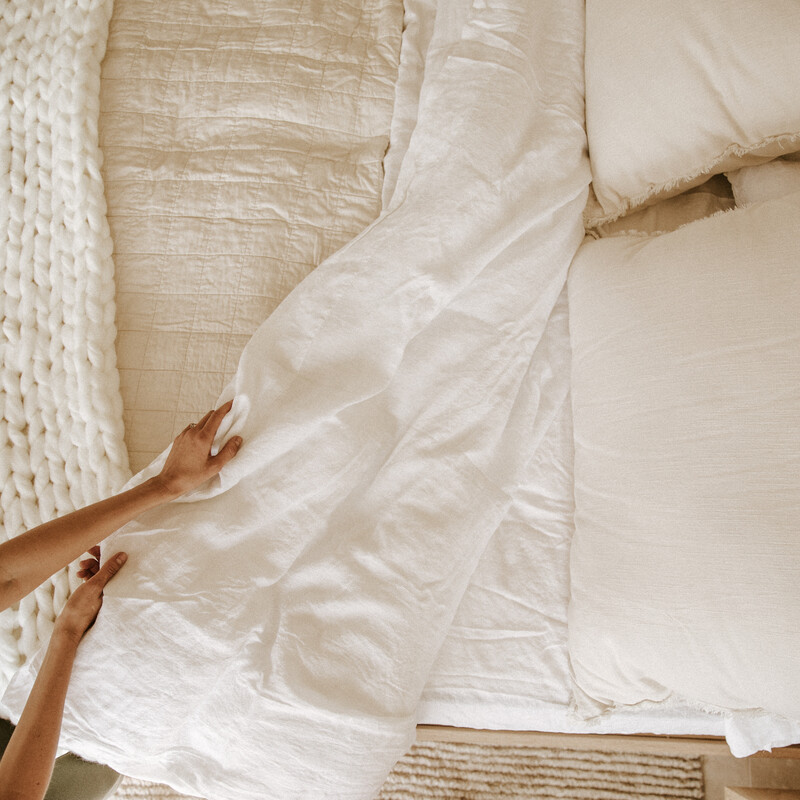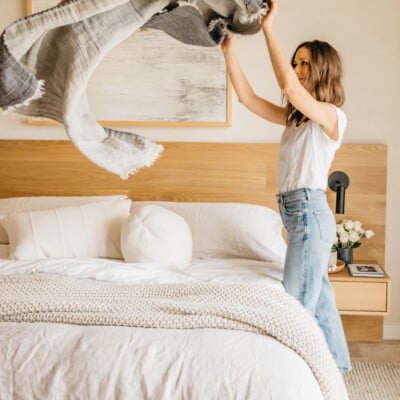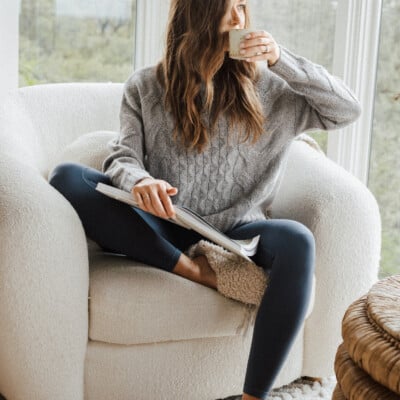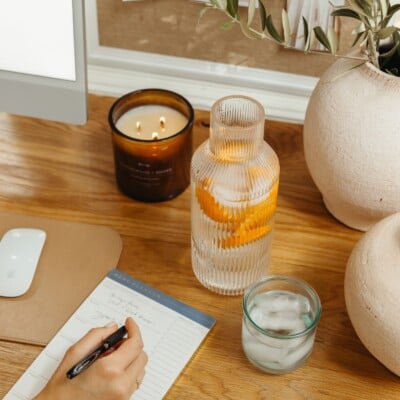During the pandemic, my husband and I probably drank more alcohol than we should have. Maybe it was the time spent in quarantine or the anxiety of the world falling around us. At the time, we blamed it on the fact that we were riding out the celebration after our tiny pandemic wedding. It felt so much more romantic to chalk it up to honoring our marriage than to call it was it really was: our inability to cope with the unknown. ,
There was nothing to do at home, we both work in healthcare, and we had never been as scared, stressed, or overworked in our lives. And then, like many of us as the pandemic began to slope downwards, we realized that we were overdoing it. The not-so-celebratory side effects of a cocktail—or a glass of wine or a beer or two—were suddenly staring back at us. The part we disliked the most? Our drinking habits compromised our mutual pursuit of a good night’s sleep. Yes, if you haven’t heard this by now, alcohol and sleep are intimately interwoven. And unfortunately, there’s plenty of research piling up that alcohol and a good night’s rest don’t mix.
Featured image by Kristen Kilpatrick

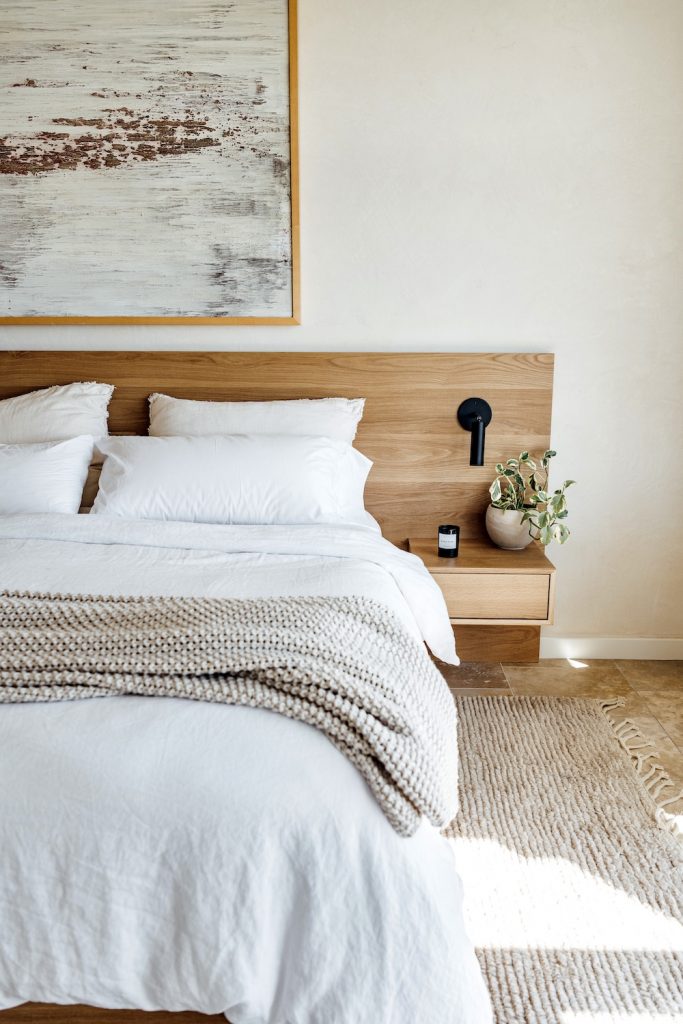
Alcohol and Sleep: What’s the Connection?
An article published in Scientific Reports found that “Inadequate sleep is estimated to affect about one in five adults. Insomnia symptoms (short sleep and disturbed sleep) are associated with an increased risk of a range of chronic health conditions, such as diabetes, high blood pressure, [obesity, depression] and all-cause mortality.”
With hefty data supporting the importance of good sleep for long-term health and more research confirming the harms of daily alcohol use, it’s a great time to cut down on booze! I’m not saying we all need to toss in the towel on our fave wine and a good night out here and there, but it’s important to educate yourself on the effects of our choices and actions. Helping educate my patients and readers to make empowered decisions to help them find their healthiest and happiest place is always my goal. Alright, bottoms up—let’s dive into what we know.

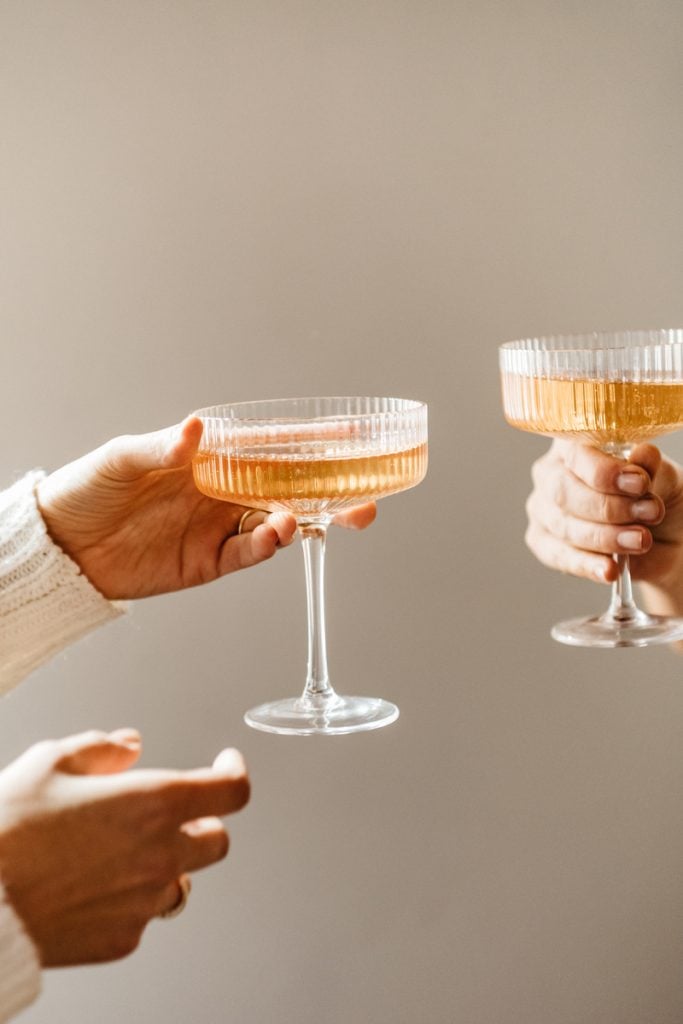
How does alcohol affect sleep?
Ever heard of a nightcap? There’s a longstanding misconception that alcohol acts as a sleep aid. Many people “wind down” at the end of the night with a glass of wine or a cocktail thinking that they feel more relaxed after imbibing and thus sleep more deeply. While the sedative effects of alcohol are real—and you may certainly sleep deeper initially after knocking back a few drinks—the quality of your sleep and ability to reach deep and restful sleep decreases.
It works like this: After we fall asleep, our brains drift into REM sleep or rapid eye movement sleep (typically reached within 90 minutes of falling asleep). This is thought to be the most restorative state of sleep and we should—during an 8-hour night—reach a restful REM state 4-5 times.
But when we drink alcohol, we don’t reach REM sleep during our first few sleep cycles (or more depending on how drunk we are). We essentially sleep so much deeper that we sleep right through REM. As the night goes on, there becomes an imbalance between slow wave or N-REM sleep and REM sleep resulting in shorter sleep duration and more sleep disruptions.

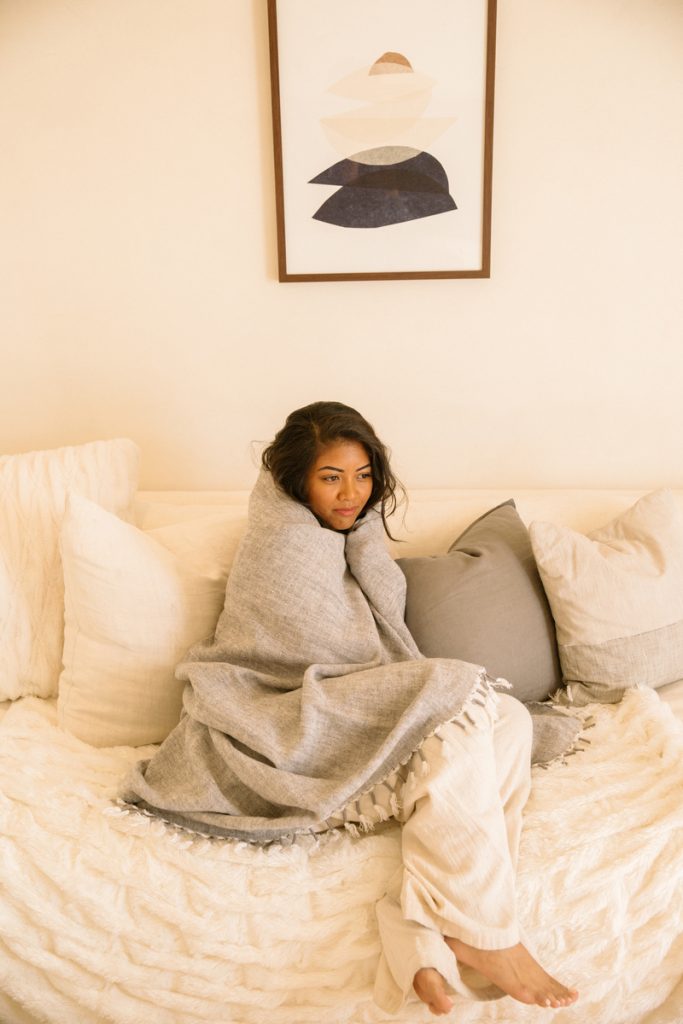
The Science Behind Alcohol and Poor Sleep
Unfortunately, for those who drink daily, there are more chronic sleep issues that may crop up like insomnia or sleep apnea. The link between alcohol use and insomnia isn’t well-known despite it being clearly linked in the research.
Insomnia is the most commonly understood sleep disorder with an estimated one-third of Americans reporting symptoms. Many people who can’t sleep resort to self-medicating with alcohol. While this sedative effect may initially act as a band-aid, the downstream effect backfires in the long-term, causing major disruptions in quality sleep.
According to the American Addiction Center, it’s easy to build a tolerance to the sedating effects of alcohol and it can happen as quickly as within a week. This leads to needing more alcohol to get to sleep, in turn causing further sleep disruption. Furthermore, and most seriously, regular and heavy alcohol use exacerbates a person’s risk for sleep apnea which in its own right exacerbates the cycle of insomnia and poor sleep quality. This can increase one’s risk of heart attack, stroke, and even sudden death if left unmanaged.

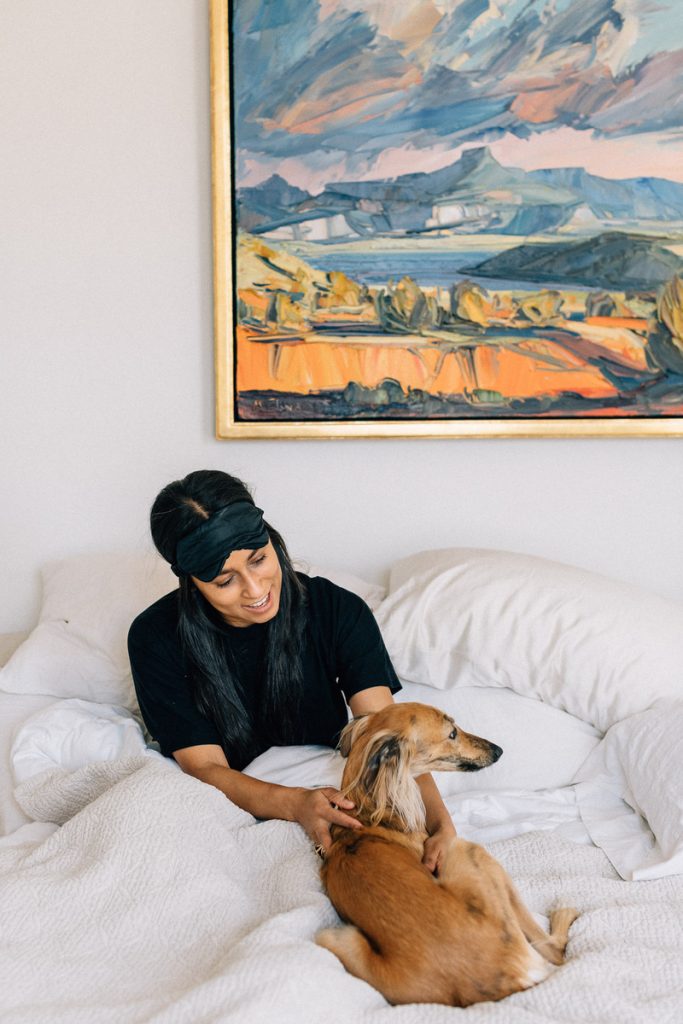
Tips for Healthy Sleep (That Don’t Include a Nightcap!)
Cutting back on regular alcohol consumption and using it in true moderation is a surefire way to increase quality sleep and decrease the long-term side effects we discussed above. If sleep is hard for you in general, consider these tips to help you rest easy:
- Exercise regularly. Getting consistent movement throughout the week aids in deep sleep.
- Just don’t exercise too close to bedtime as exercise before sleep can result in an energy boost and make it difficult to calm our bodies and minds. Regular exercise can help realign your internal clock and reset your circadian rhythm—making it easier to get a better night’s sleep.
- Cut down on before-bed screen time. Stay off devices and screens within a few hours of bedtime to help your brain wind down and produce natural melatonin to aid in sleepiness.
- Avoid caffeine, alcohol, and nicotine in the afternoon. The effects of each often peak many hours after consumption.
- Designate the bedroom for sleep and sex only. Don’t you love how indulgent and sexy this sounds? Remove the television, work, computers, and other distractions to train your brain to associate the bed with sleep and sleep only.
- Keep the bedroom cool at night. Experts say 65 degrees is the magic number for your body to get full rest and relaxation.
- Keep your sleep and wake times consistent. This helps set your internal rhythm
For more information on getting a better night’s sleep, consider checking out my article on Zeitgeiber cues and how to get better sleep with this theory in mind! Sweet dreams babes!

